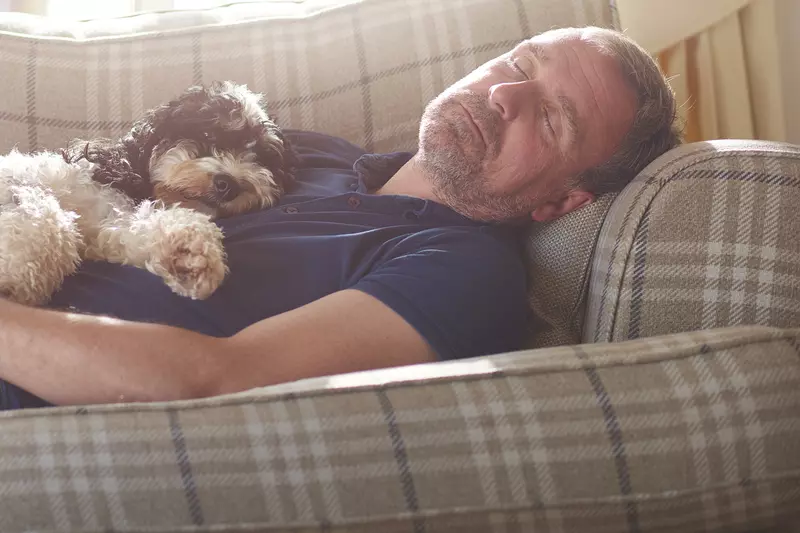- AdventHealth

Brenda Lepuschitz was exhausted. She developed pulmonary hypertension. Her blood pressure would spike for no reason. She even fell asleep at the dinner table.
Lepuschitz was eventually diagnosed with obstructive sleep apnea. Tests showed her sleep was constantly interrupted as she stopped breathing 20 to 40 times an hour.
Lepuschitz tried a variety of treatment options, but none worked until she tried to Inspire therapy a revolutionary device likened to a pacemaker for the tongue.
She saw results immediately. It was incredible. I couldn't believe it, she said. I've been feeling so much better.
Obstructive sleep apnea occurs when the tongue and other soft tissues relax during sleep and obstruct the airway. The brain senses there's a problem, and constantly arouses the body from sleep so breathing is restored.
If untreated, obstructive sleep apnea can lead to secondary health issues such as heart attack, stroke and weight gain.
This device has opened up other avenues of treatment for individuals like Brenda who struggled with using other forms of therapy, said Dr. Tabarak Qureshi of Central Florida Pulmonary Group. She tried a lot of other therapies none of them really worked.
The Inspire device, implanted under the skin on the right side of the chest, senses breathing patterns and delivers mild stimulation to key airway muscles, which keeps the airway open during sleep. Patients turn it on and off with a handheld remote before they go to sleep and when they wake up.
Recovery, compared to the conventional surgeries on the palate and the throat, is a lot quicker, said Dr. Kiran Tipirneni, a surgeon with The Ear, Nose, Throat and Plastic Surgery Associates. People can return to a regular diet the next day.
To qualify for Inspire therapy, candidates must have been diagnosed with obstructive sleep apnea; must have failed or not tolerated CPAP treatment; and must have a BMI of 32 or less.
Recent News
-
Business
AdventHealth Sports Med and Rehab Winter Park achieved the honor of having all of their physical therapists become Orthopedic Clinical Specialists (OCS).
-
AdventHealth Cancer Institute’s rectal cancer program has received a three-year certification by the National Accreditation Program for Rectal Cancer (NAPRC). This accreditation, currently held by...
-
Orlando Colorectal Congress (OCC) features three days of didactic sessions with international guest lecturers as well as DLive Med case demonstrations, and cadaveric labs for demonstrating advanced...
